With the theme of “Opportunities and Challenges to the Film Industry”, the Summit on the Beauty of Film at the 10th Beijing International Film Festival (BJIFF), co-organized by the China National Film Museum and the China Film Association, was held at the Grand Ballroom, Beijing Yanqi Lake International Convention & Exhibition Center on Wednesday, August 26 from 9:30 a.m. to 12:00 a.m.
The forum featured keynote speech and salon sessions, where various hot topics about the current recovery of the film industry were discussed through speeches and exchanges. This year, online and offline interaction was at the heart of the organizational form. Compared with the events of previous years, the audiences had one more way to get involved in the event, and could listen to the filmmakers’ new thinking on the development of the film industry without leaving home.

Yin Hong, professor at Tsinghua University and Vice President of the China Film Association, and Lan Yu, hostess of China Movie Channel (CCTV6), were invited to moderate The Summit on the Beauty of Film. Wang Weidong, an official at the deputy-bureau-director level of Beijing Radio & Television Station and Deputy Secretary General of the Organizing Committee of the 10th BJIFF, Zhang Hong, Secretary of the Party Leadership Sub-group of the China Film Association and Residence Vice President, and Chen Ling, Secretary of the Party Leadership Group and Head of the China National Film Museum, attended and addressed the event. Online guests included Sid Ganis, President of the Academy of Motion Picture Arts and Sciences; Rob Minkoff, Director of The Lion King; Tim Miller, Director of Deadpool; and Anton Megerdichev, Director of Upward Movement. And the guests on site included Yu Dong, Founder and President of Bona Film Group; Yao Chen, a renowned actress and producer; Tony Chan, a director from Hong Kong, China; William Feng, Head of Greater China & Vice President of Asia Pacific, Motion Picture Association; and Zheng Zhihao, CEO of Maoyan Entertainment.
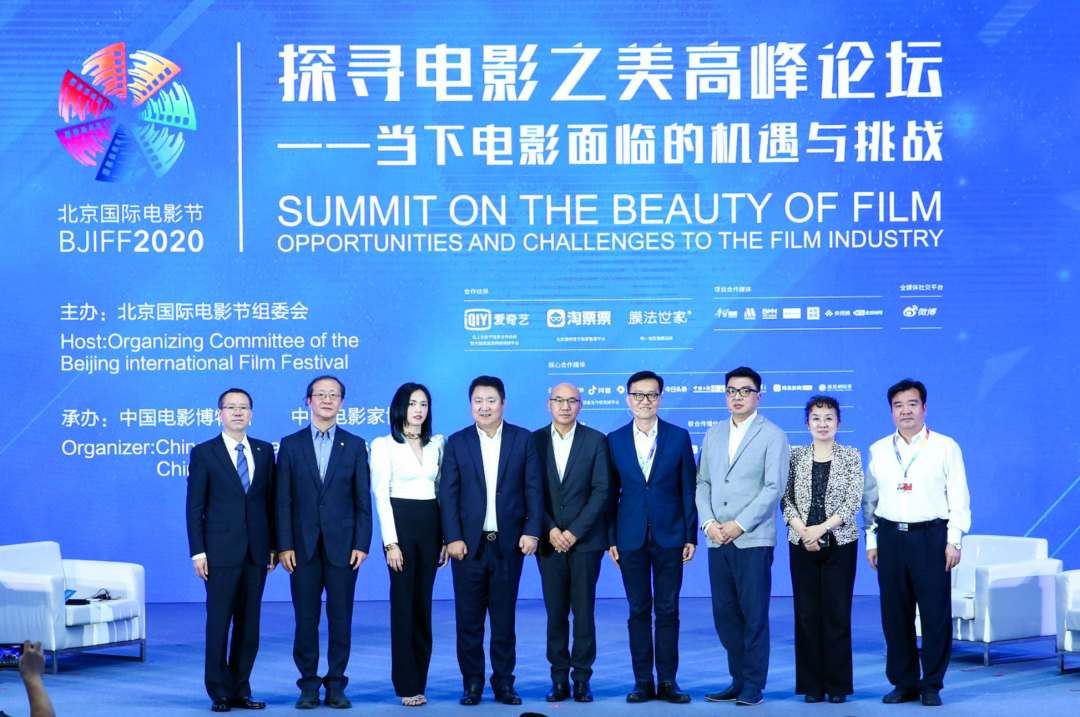
As the first speaker, Mr. Wang Weidong explained the reason and background of the selection of forum themes. He said that the unexpected COVID-19 pandemic this year has brought unprecedented impact and challenges to the global film industry, but the crisis has also prompted the film industry to ramp up innovation and upgrade by deeply integrating with the Internet, and continuously exploring new business forms and models. By seeking new opportunities in the crisis and starting a new landscape amidst changes, the industrial pattern, mode of production, and operation philosophy of the film industry are undergoing profound adjustments and changes.
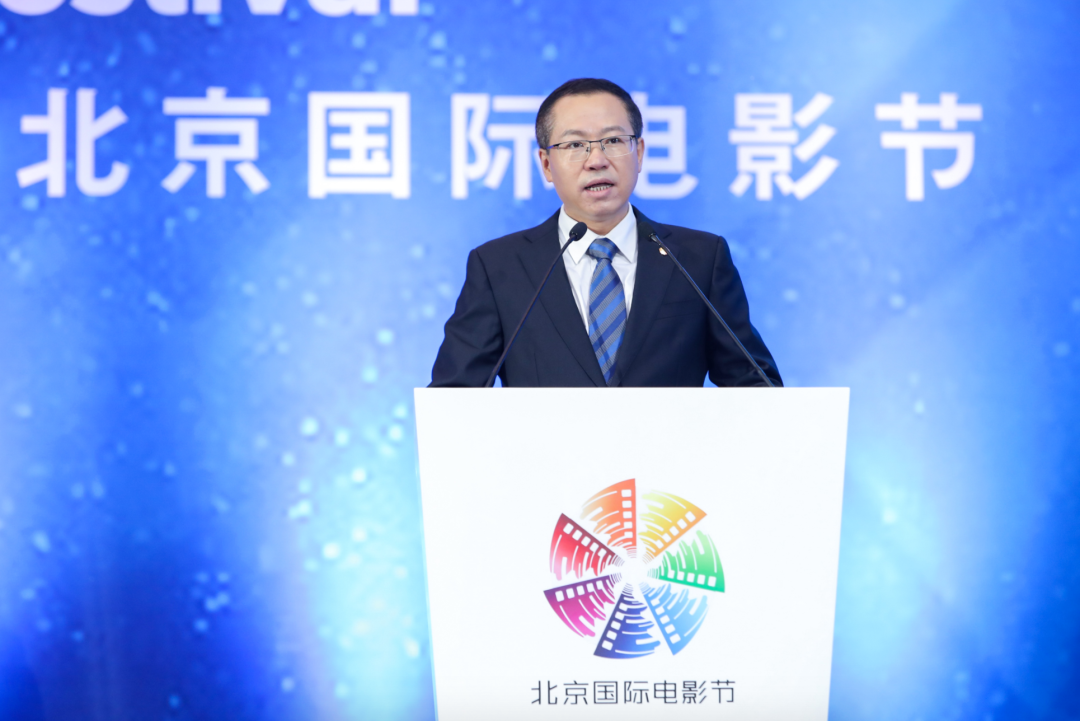
In the opinion of Mr. Zhang Hong, the pandemic has only a temporary impact on the industry, because filmmakers have never stopped and the public’s enthusiasm for movies has never been driven away. Since the pandemic prevention and control efforts were made, management departments have also issued a number of supporting policies. As film projects fully resume, theaters across the country reopen, and the industry is turning better, we finally have got out of trouble of the pandemic and returned to the track of exploring the beauty of film again.
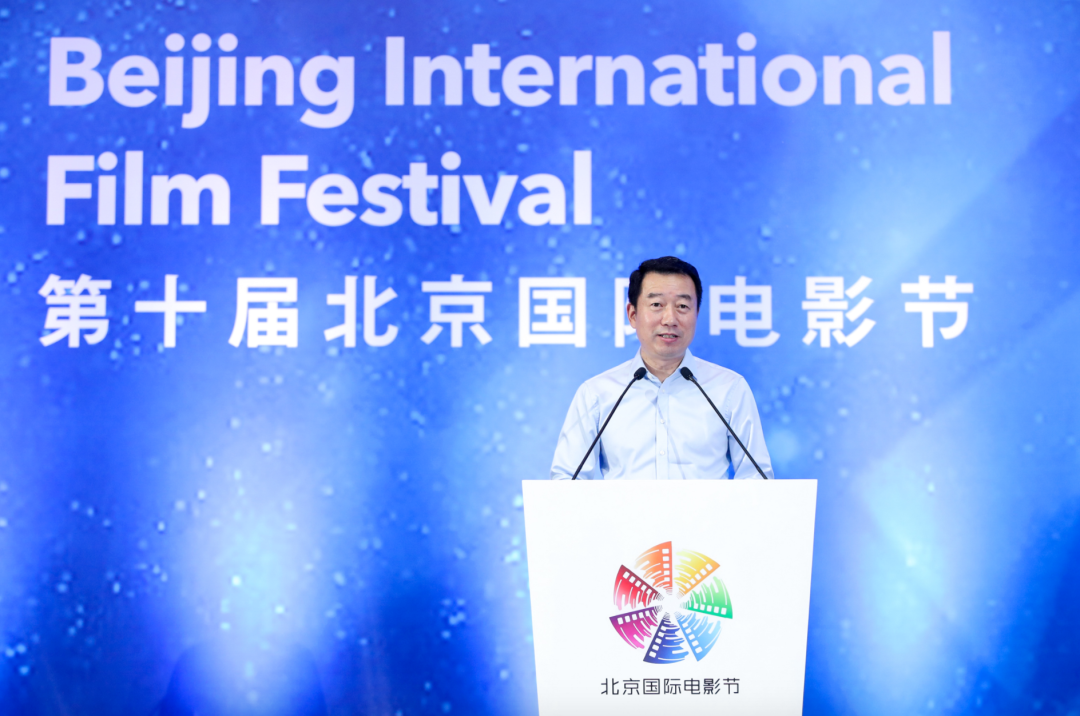
Ms. Chen Ling stated that under the new situation of regular pandemic prevention and control, the China National Film Museum will work together with colleagues in the film industry to capture opportunities, take responsibility, and give full play to its unique strengths as a national professional film museum in social education, academic research, public services, foreign exchanges, and displays, as well as the promotion of cultural and tourism integration, and the combination of industry-college-institute cooperation in film, aiming to build a platform for resource connection and integrative development of the film academia and industry and then create conditions and inject vitality.
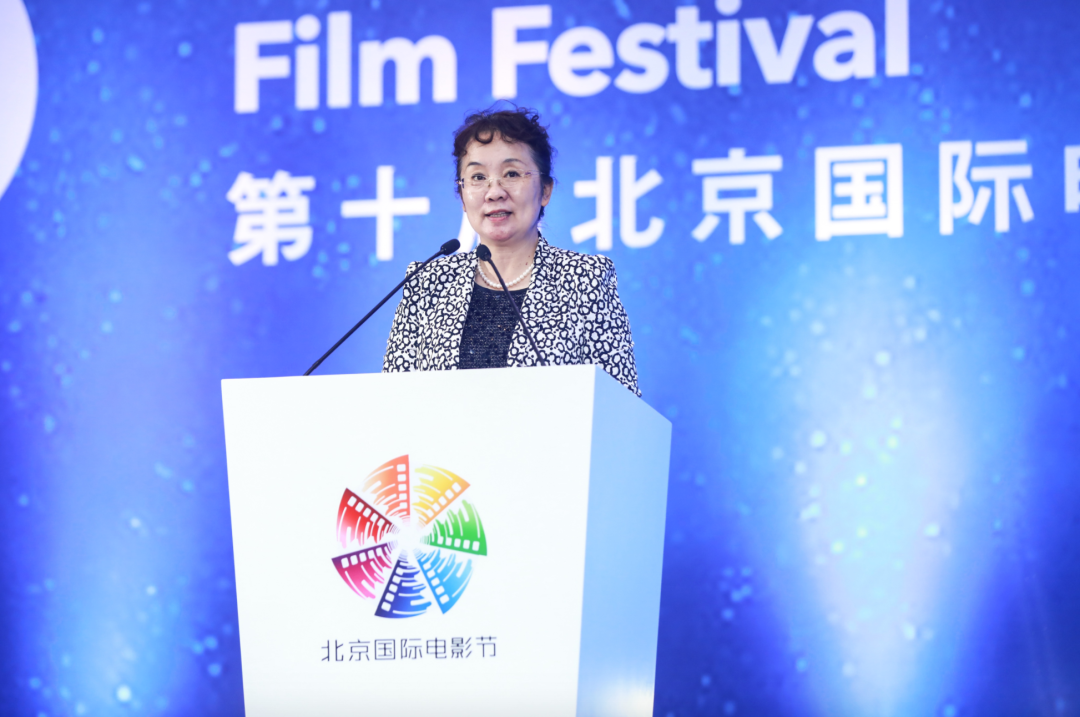
With the themes surrounding film animation, film editing, comedy films, and Belt and Road films and others, the Summit on the Beauty of Film focused on highlighting the beauty of art, ideas, and culture, and the spiritual appeal and cultural influence of movies in encouraging people for good, through a deep dive in the laws of film creation and development. So far, the forum has produced good responses in the film industry and all sectors of society, achieved positive results, and gradually evolved into an influential film culture brand event. During the pandemic, filmmakers are still around the world of film art with their tenacious attitude and love for movies. On the occasion of the 10th anniversary of the BJIFF, they made keynote speeches and discussed online the “opportunities” and “challenges” facing the film industry today, expressing their confidence and determination in the rapid recovery of the film industry. In addition, everyone also shared their own opinions and exchanged views on the film industry’s work and production resumption, content creation and changes in viewing methods, pooling their wisdom on the development of the film industry as filmmakers.
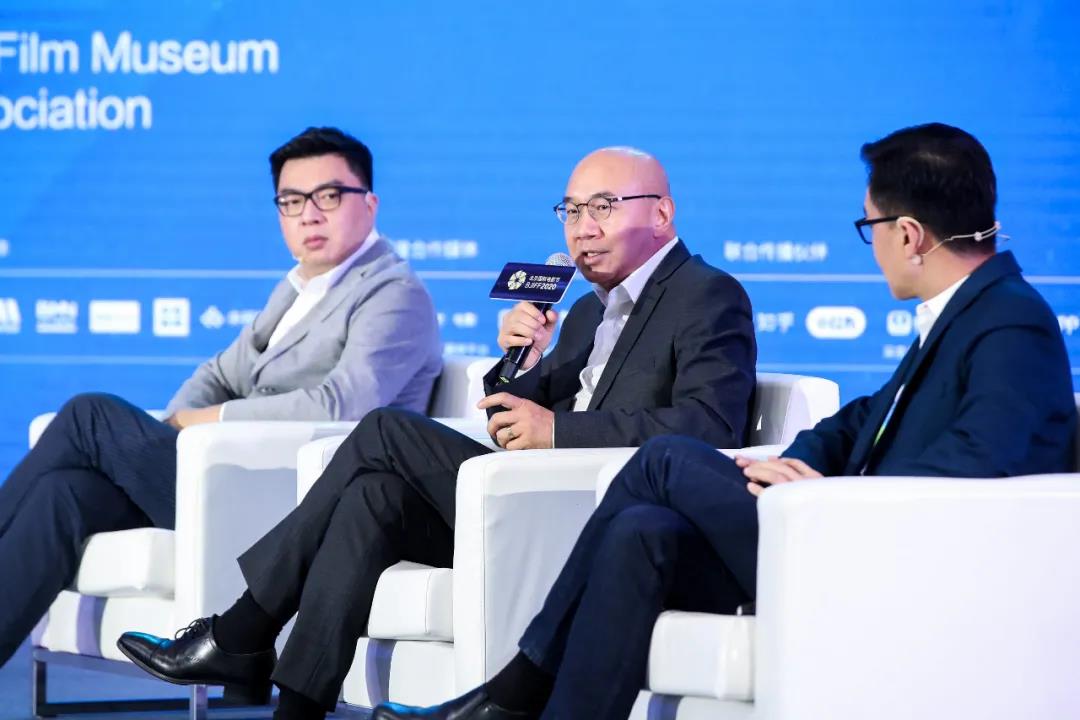
Director Anton Megerdichev hopes that the tradition of going to the cinema should not be abandoned because it is crucial for film workers; that movies can be released in large numbers for no home theater can beat a comfortable movie theater with excellent sound effects and high-quality pictures; and that in the future, producers and directors can join forces to make more meaningful movies that affect the world.
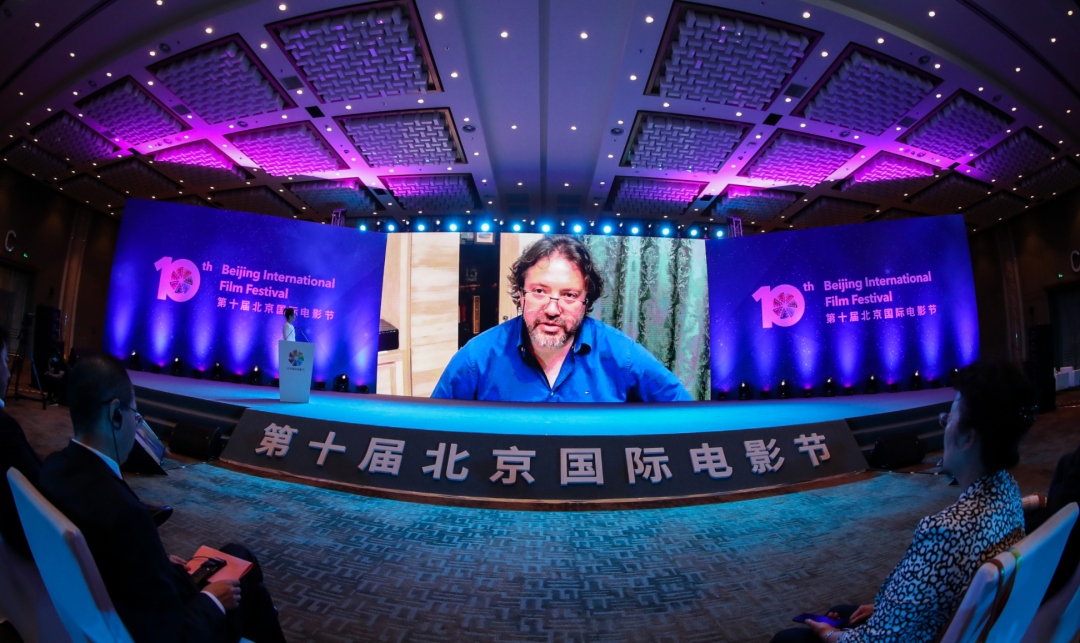
The famous American director Tim Miller felt that the challenges facing the film industry are actually similar to those facing other industries – all require joint efforts to overcome. However, in fact, compared with other practical work, the challenges we are faced with are easier to control. He said that the creative direction and storytelling of the film in the post-pandemic period will involve some things that are related to humans and closely connected, such as the pain of losing a loved one, the despair and struggle during the pandemic, and the stories of some ordinary heroes who sacrificed themselves in the pandemic.
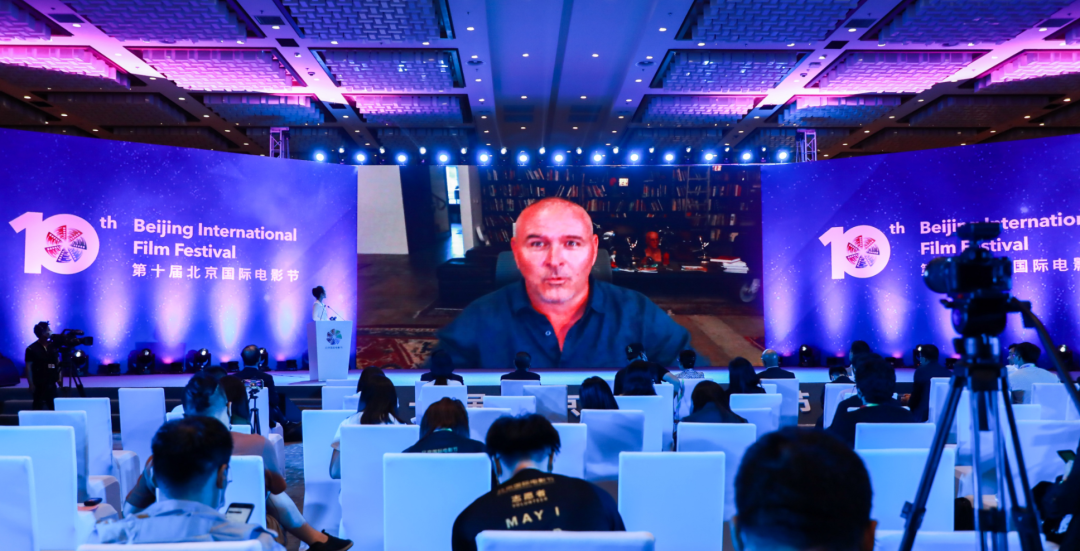
Director Rob Minkoff said that the BJIFF offers a great opportunity to make the acquaintance of new friends and meet old friends again. No epidemic or other difficulties can hinder our sincere friendship and common humanity. During the pandemic, his work team discussed work in different ways than before, including working from home and video conferencing. He believed that this virtual work environment has little impact on the production of cartoons.
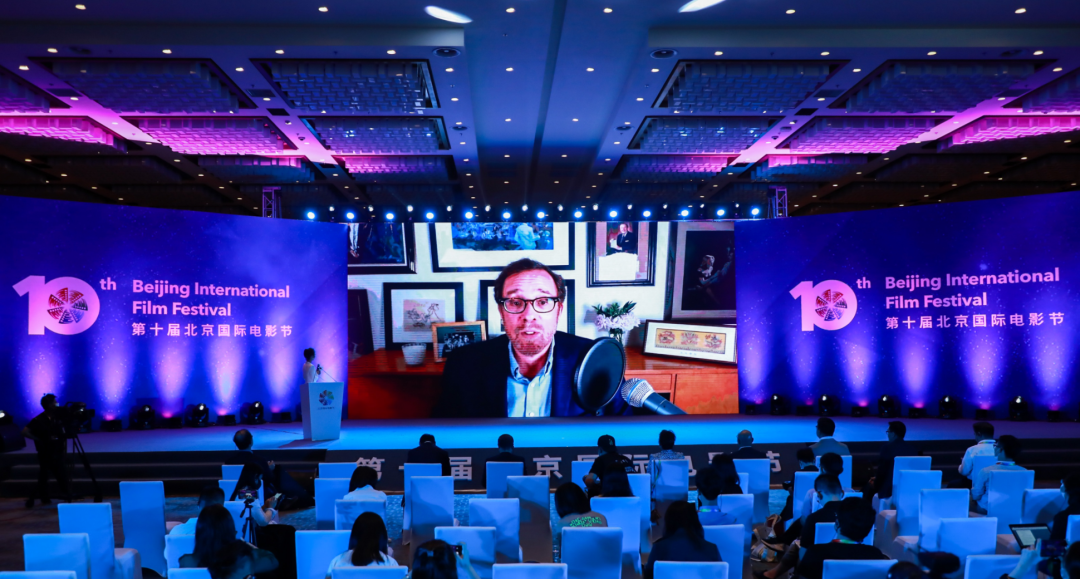
Mr. Sid Ganis said that the American film industry has been greatly influenced by the COVID-19 pandemic, leading to the suspension of a lot of work. Like reading, watching a movie is a spiritual and cultural need of people. This is the same everywhere in the world. In a movie theater, you can smell the scent of popcorn and see the people around you – something you can’t experience at home.
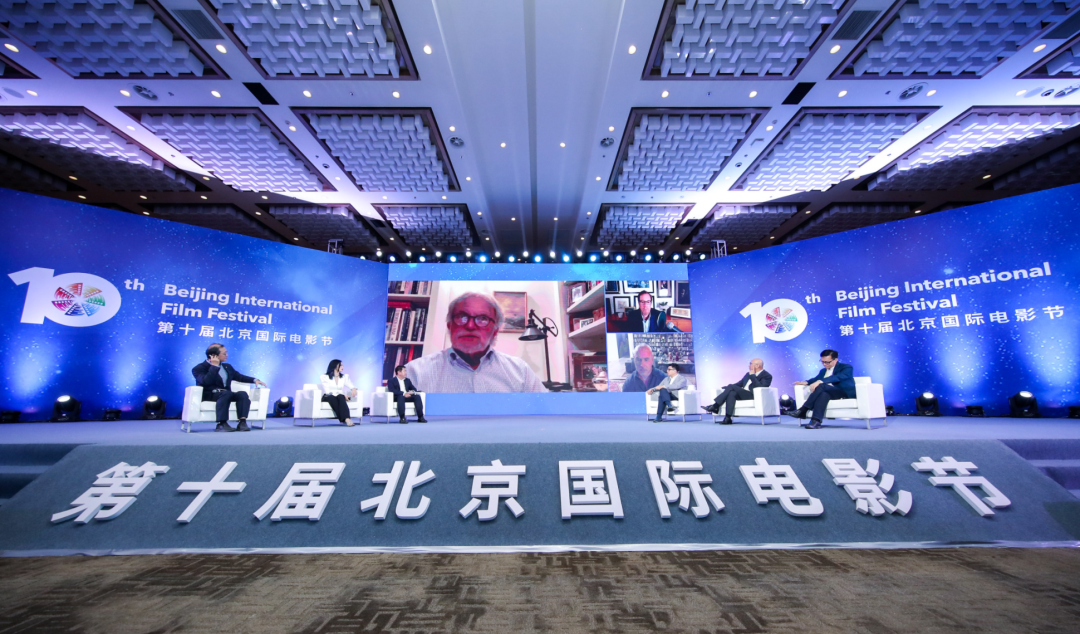
Mr. Yu Dong pointed out that it had been 37 days since the cinemas reopened. Since then, the box office has brought in 2.4 billion yuan. The recovery speed of the film industry was higher than expected, and the entire summer movie season was revitalized. The box office represented not only a number, but also the endurance and perseverance of Chinese filmmakers and their confidence in operations in the context of pandemic. At the same time, he called for the diversity of film. Although the creation of the overarching theme has led to the further expansion of the market, the creation of diverse genre films will be in a very large demand next year. In addition to the promotion of major films at critical time points, commercial films of all genres including romance films and comedies are also needed. So, it is necessary to make adjustments in this respect, instead of blindly pursuing production quantities.

Ms. Yao Chen said that for her as an actress, the number of film and television invitations she accepted this year has been significantly reduced compared with previous years, along with obviously different types. As a producer, she now has a better understanding of film creation and will continue to adhere to the creation of arthouse films and exploit more diversified situations of creation, so that more arthouse films of different styles can be presented to everyone in a space and a way.
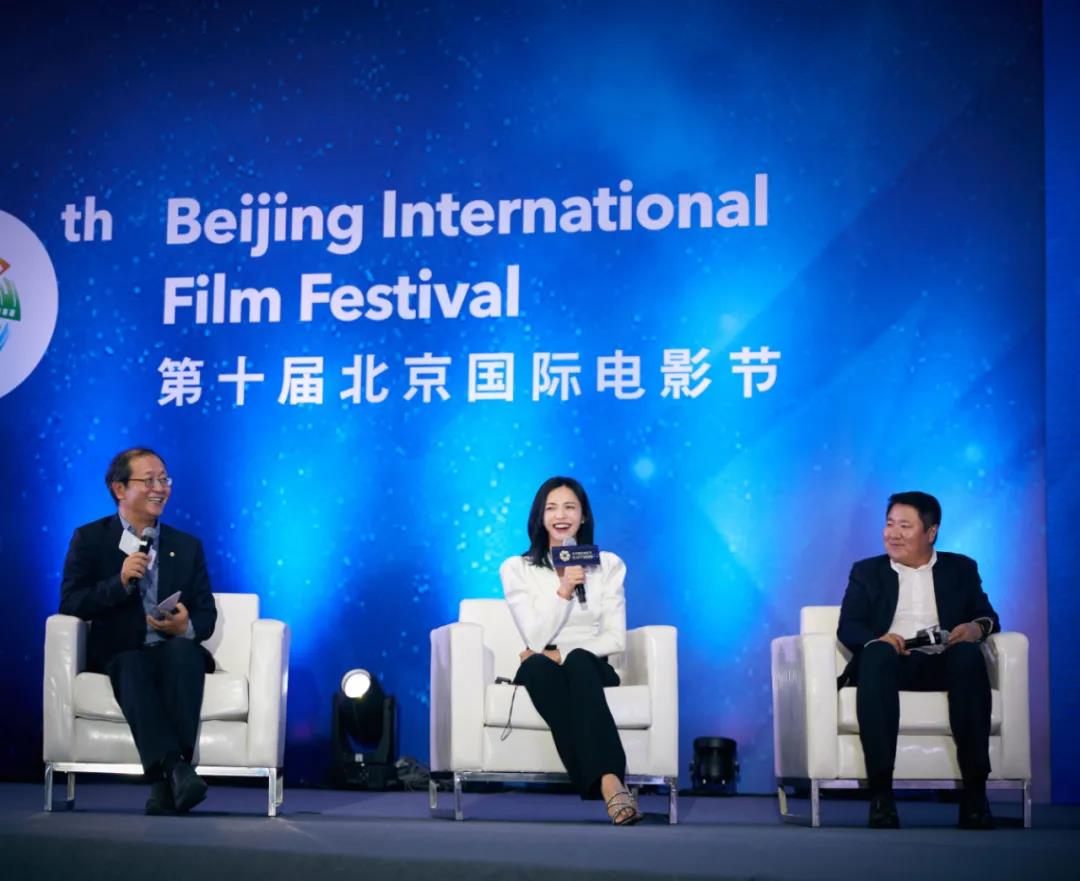
Tony Chan, director of The Bravest, said that he had more time and energy to study creative content during the pandemic and think about how to tell a story well. At the same time, he also helped many young filmmakers to build confidence in difficulties and hold on to their film dreams.
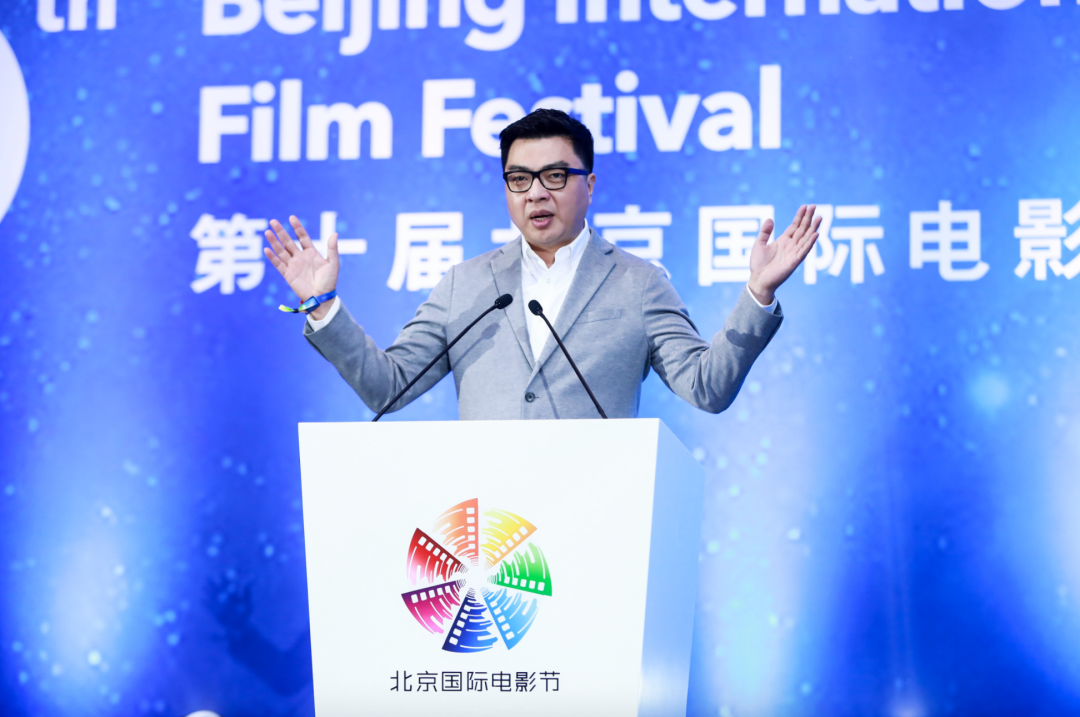
Mr. William Feng believed that on the one hand, the rise of streaming platforms in recent years has brought unprecedented challenges to the traditional film industry. On the other hand, the COVID-19 pandemic, a catalyst for traditional Hollywood studios joining the VOD battle, has objectively accelerated their strategic adjustments in business. In the face of the new normal of being affected by the global pandemic, how to turn adversity into opportunity by reorganizing their corporate business is now a major issue facing the companies engaged in the film industry.
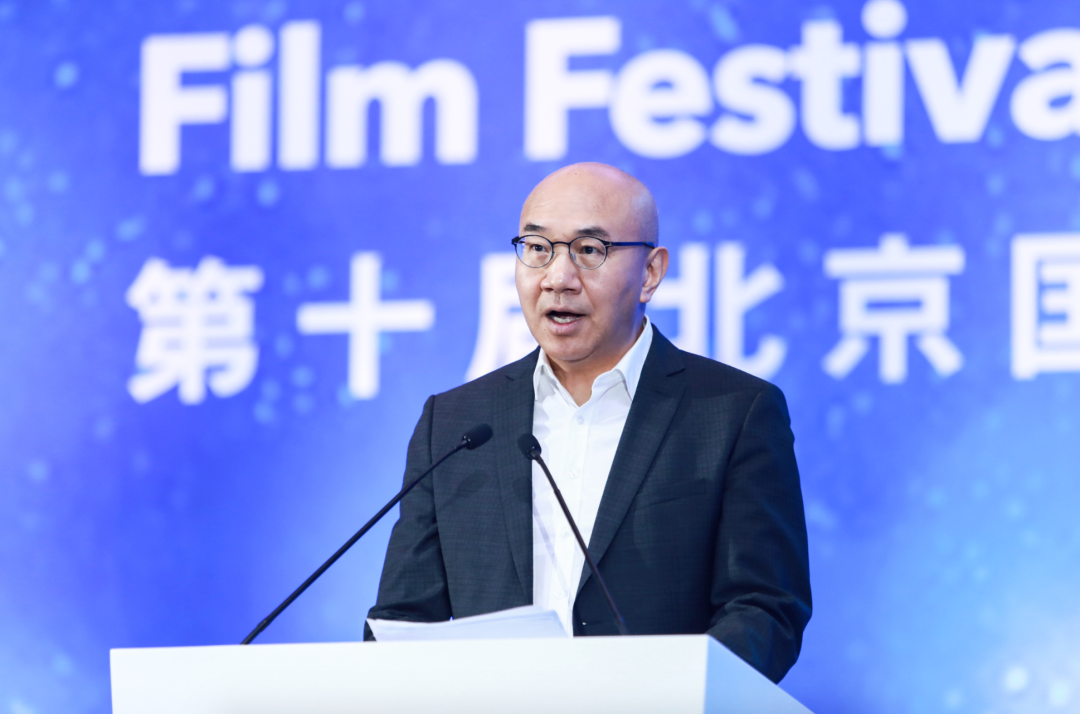
Mr. Zheng Zhihao strongly felt that we could have a real chance to make a new beginning today exactly thanks to China being the first country to move away from the shadows of the pandemic. The day before, the box office exceeded 500 million yuan – a great excitement for everyone. Although the pandemic has made a severe influence, the strong demand from the audience has not changed and the fundamentals of the market have not been wavered. Online and offline operations have the relations of mutual referral traffic, mutual promotion and common prosperity.

Rich in content, broad in vision, and innovative in thinking, The Summit on the Beauty of Film focused on the development status and opportunities of the film industry at home and abroad. It explored the development prospects of the film industry amidst the meeting of minds and wisdom of filmmakers, and analyzed the development trend of film creation. The guests were full of confidence in the recovery and development of the film industry, and firmly believed that the film industry will be able to meet new opportunities in the crisis and start a new game amidst the changes, climbing to a new level and creating greater glories.
